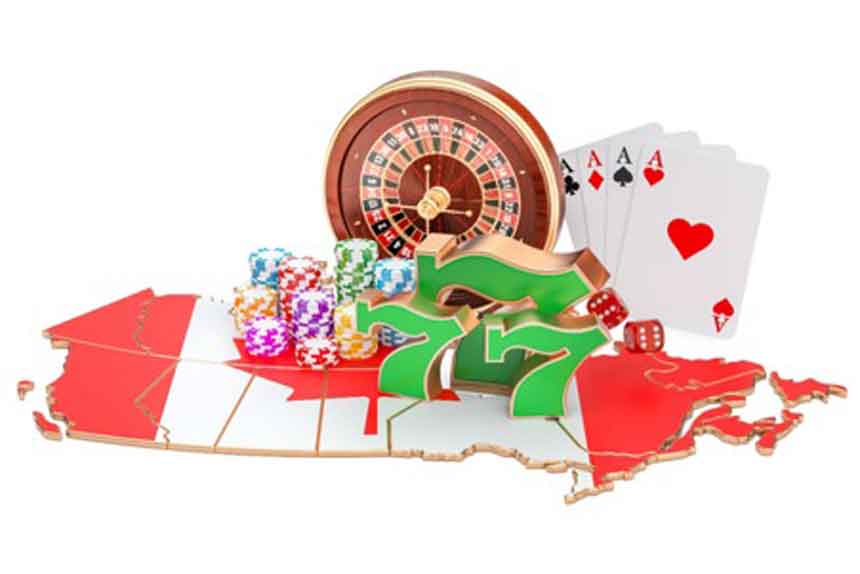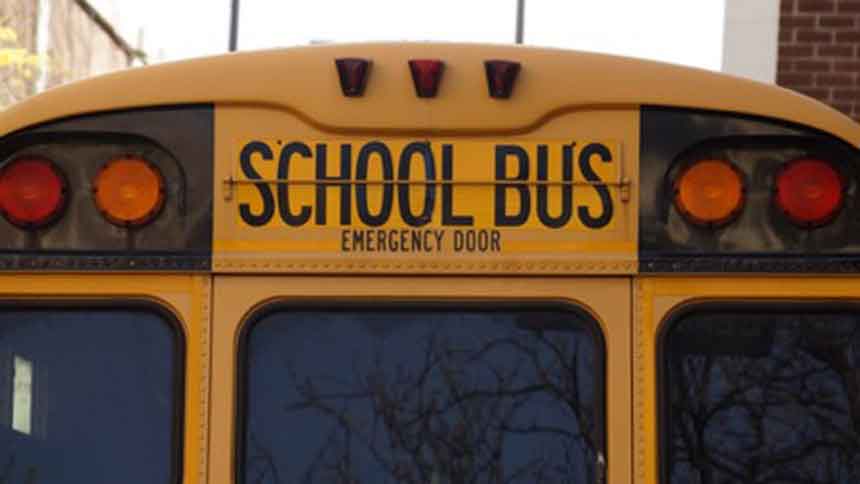2019 has brought hugely positive new to the Alberta economy: this year has seen the first rise in gambling revenue for four years. Not since 2015 has the Canadian province seen gambling revenue so great. For some provinces, this might just mean that the gaming industry’s had a good year, but for Alberta, the benefits will be even more far-reaching.
This is because, of all the provinces in Canada, Alberta is unique in its approach to gambling. Acting under the auspices of the organization called Alberta Gaming, Liquor and Cannabis, the gaming sector is directly controlled by the provincial government. This, in itself, isn’t particularly unusual – as all of the country’s gaming is controlled by local rather than national jurisdiction. Where Alberta is out on its own is the way in which it operates under a so-called “Charitable Gaming Model”. This means that the revenues that it raises go to charitable and religious causes and these amount to hundreds of millions of dollars a year.
In terms of the different kinds of gambling this covers, this splits into a number of categories. There are the bingo games, raffles and lotteries run by the charities and other organizations themselves. Then there are bingo associations and private casino operators who run their enterprises on behalf of the charities. Slightly different are the state’s horse tracks and First Nation casino operators, a proportion of whose profits go towards good causes.
With a net contribution of 72%, casinos are the biggest contributors to the charitable and religious causes that rely on the income from gambling to do much of their good work. Raffles are the second highest at 19% with bingo coming in third at just 6%. Overall, in the year between 2017 and 2018, the total raised amounted to $331 million. The money is distributed far and wide with everyone from veterans’ societies to little league baseball teams receiving much-needed funds.
Decline reversed

The rise in revenue has come after two years of decline but the figures, released at the end of 2018, showed an increase of $4 million from the 2017 sum of $1.732 billion to a very healthy $1.736 billion. This was especially heartening as the 2017 figure was the lowest on record and this may suggest that a corner may have been turned. However, it’s still quite away from the 2015 peak when the annual revenue reached $1.906 billion.
The slide since then has been attributed to the economic downturn experienced across Canada. There’s evidence to support this theory, as gambling revenues often reflect the state of the wider economy. So when people have spare cash and a general sense of financial wellbeing, they’re more likely to gamble. But when the economy’s depressed and they’re watching every cent, the opposite is often the case.
Of the different forms of gaming that are directly under provincial control, it has been video lottery terminals – or VLTs – that saw the largest growth last year, with revenues increasing by 1.9%. Meanwhile, electronic bingo revenues increased by 0.4%. However, one kind of gambling that seems to have been falling more out of favour is the slot machine, which saw a revenue drop of 0.6 per cent.
One of the reasons for this may be that there far fewer places that people can play slots compared with VLTs. For the former, there are only 28 casino-based locations while you can find the latter in around 900 bars and other licensed premises. The fact that these machines also appeal to a generally younger demographic than slots is also a key reason for their greater popularity.
Where does gambling revenue go?

From the total of £1.736 billion generated in 2018 by VLTs, slot machines and electronic bingo, around $1.4 billion makes its way to good causes. The biggest beneficiary is health care, with school transportation and maintenance, and culture and tourism, also receiving significant amounts. The First Nations Development Fund also benefits to the tune of $123 million a year.
The total revenue raised doesn’t include money raised by casino table games, bingos, pull tickets and raffles. These are operated separately and fall under the “charitable gaming” classification in Alberta. Proceeds from these amounted to $331.2 million last year – a slight reduction from the previous year’s $336.2 million figure.
One type of gambling that could really boost the nation’s coffers even further is online gambling, which is flourishing across the world. Due to the rather opaque laws governing online gambling in Canada, all residents are free to play on these sites which are based off-shore with many operating out of Europe in places like Gibraltar and Malta for legislative, licensing and tax reasons.
The rise of online gambling
In the two decades that these have been in existence, they have become a global phenomenon fuelled by innovation and the advances in digital technology. In the UK, one of the world’s biggest markets for online gaming sites, they have helped remote gambling to become the biggest single sector, accounting for around one-third of all revenue.
Anyone who has played on one of the leading sites will have discovered just why they are so very popular. For example, there’s an impressive selection of slots to choose from with new titles being introduced almost every day. And the sheer convenience of being able to play 24/7 from anywhere with an internet connection is another big draw which could reverse the current downward trend of slot games in Alberta generally. Naturally, the generous bonuses offered to encourage new players are another major incentive to give these sites a try.
Although these are undoubtedly popular with Albertans the recent revenue rise shows that they also have an appetite for offline play. Indeed, it may be that experience of play on online sites encourages all kinds of gambling including on VLTs and bar-room slots. This is something that has wide-ranging benefits, not least in indirectly helping many charities and other good causes.
Looking ahead

From this encouraging news about 2018 revenues, many eyes are on the prospects for the gaming industry not just in Alberta, but Canada-wide. For example, many are wondering if changes to the law might be introduced in 2019. One area that has been brought clearly into focus is sports betting. This follows the historic moment in May 2018 when the Supreme Court in the US overturned a ban following pressure from the state of New Jersey. So it would surprise no-one if similar stirrings start to appear in this country.
In terms of bricks and mortar casinos in Alberta, the AGLC has announced that there’s a moratorium on the issuing of new licences and some community casinos may even be in danger of being closed despite local opposition. This could well mean that more and more people will decide to try their luck at online alternatives.
But whatever happens, it’s very much hoped that the improving trend in revenue generated by VLTs, slots and electronic bingo continues. In this way, even more, groups will be able to receive valuable financial boosts – and even more, Albertans will be able to enjoy a potentially very profitable leisure pursuit.







